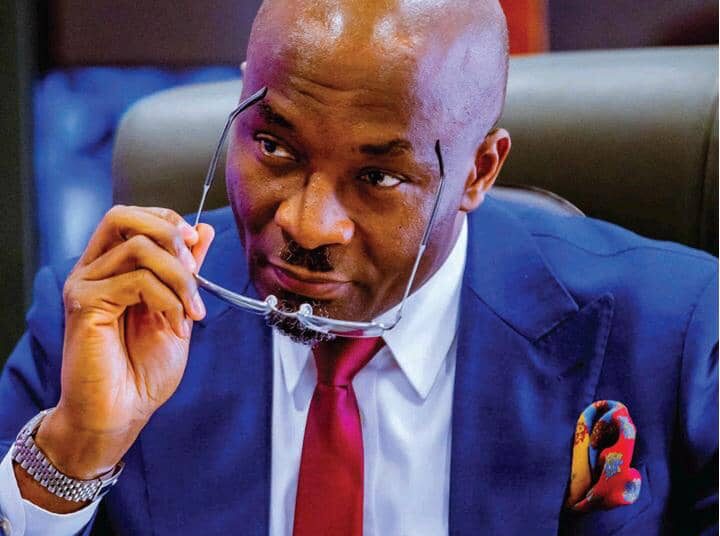Deputy speaker of the House of Representatives, Hon. Benjamin Kalu and the director-general of the National Information Technology Development Agency (NITDA), Kashifu Inuwa, have called for the development of a citizen-oriented legislative framework to address the growing threats posed by cybercrimes and online harms.
This was the crux of a stakeholders’ workshop organised by NITDA in collaboration with the Advocacy for Policy and Innovation (API) in Abuja on Monday. The workshop was principally aimed at protecting women and young people from online harms.
Hon. Kalu, who presented detailed research statistics showing a disturbing rise in cyberbullying, hate speech, and misinformation, also pointed out that women and young people are among the most vulnerable groups, facing constant harassment and psychological harm online.
Hon Kalu recounted his personal experience as a victim of cyberbullying and misinformation, saying that it has become urgent to put in place strong, people-focused regulations to guide the activities of big tech companies managing online platforms.
“This is not just a technical issue; it is a societal issue,” he stated. “We must prioritise the safety, dignity, and rights of our citizens in the digital space. I urge all stakeholders present to contribute towards drafting a robust legislative and regulatory framework that protects users, holds platforms accountable, and promotes responsible digital engagement.”
Hon. Kalu reaffirmed the National Assembly’s commitment to supporting policies that balance innovation and the protection of fundamental human rights in the digital era.
On his part, the Director General of NITDA, Inuwa, said that digital technologies are transforming lives in ways that were not initially imagined, stressing that they are “impacting our political and societal fabric.
He said the way forward is for stakeholders to co-design and co-create that regulation, even as he added that regulations must also respect the sovereign rights and laws of Nigeria by setting boundaries for the big tech companies.
He said, “We are a sovereign nation. You cannot impose laws developed for other countries on us. You should respect our laws. We should make sure whatever is illegal offline is also illegal online. We work together. We develop a code of practice.
“That code of practice is not new law. It is not regulation. But just to let the big tech know that Nigeria is a sovereign nation, we have laws.
“You must respect those laws. Then we agreed we would work together and have online protection and online hand protection legislation. Then we set up the steering committee with everyone on board.
“All critical stakeholders, the big tech, the civil society organisations, academia and government developed the white paper and the white paper was issued last year in December. Based on the white paper, we agreed that we need to work together to develop this online hand protection bill.
“So that’s why we are coming together today to share the outline of the proposed legislation and work with you to develop this legislation now that we have the leadership of the National Assembly,” he added.





